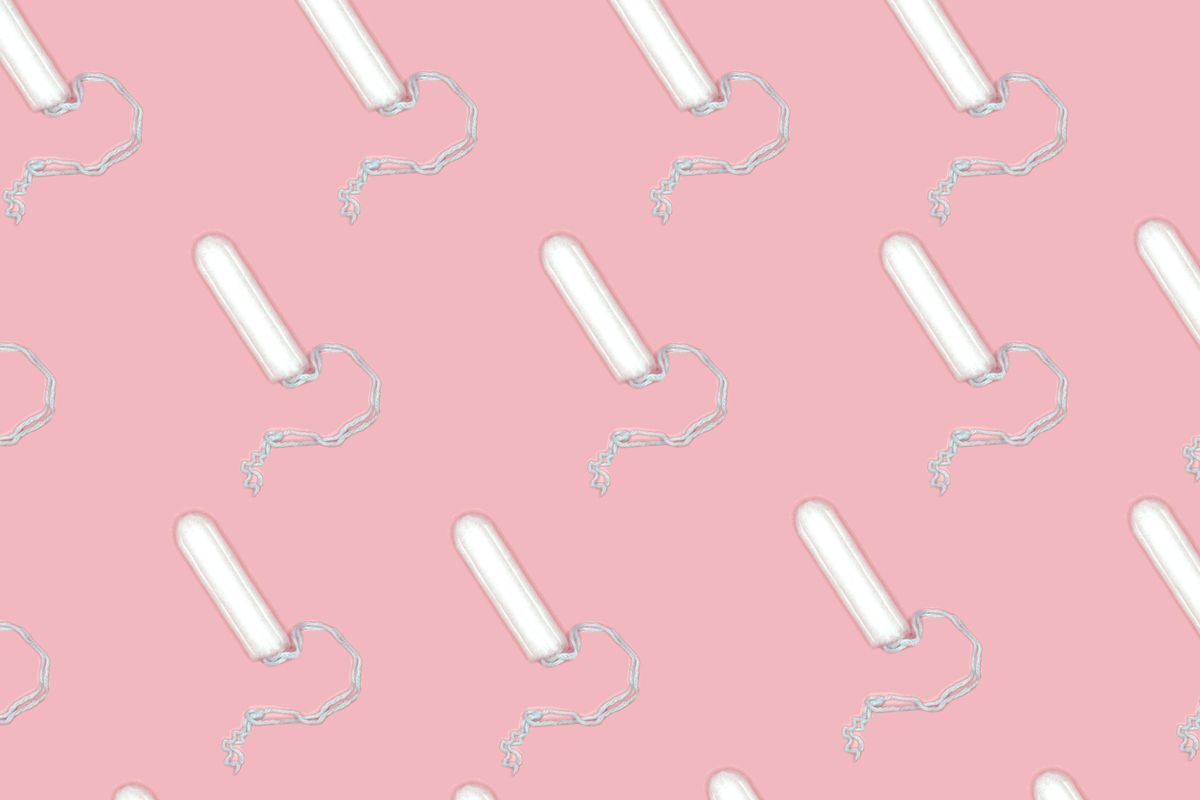Pads. Tampons. These products help women avoid stains on their outfits and the embarrassment that comes with it.
Having a period is a taboo topic, despite the fact that half of the population experience it. However, recently several states have taken the initiative to help destigmatize menstruation by calling for legislation to do away with the tampon tax.
In reality, the term “tampon tax” is a misnomer, as no state specifically taxes feminine hygiene products in the same way that, for instance, states tax alcohol. Instead, when legislators refer to the tampon tax, they are referring to a state’s decision to leave tampons off of a list of health products that the state declines to tax.
Jennifer Weiss-Wolf, author of the book “Periods Gone Public: Taking a Stand for Menstrual Equity,” has partnered with lawyer Laura Strausfeld to create the organization Period Equity, which aims to abolish the tampon tax in many states.
Additionally, the online shopping platform Boxed began an initiative called #RethinkPink, which offers discount on menstrual products. They benefit because the program can increase traffic on their site, as well as female membership.
At the moment, nine states have eliminated the tampon tax, including New York, Illinois, New Jersey and Connecticut, among others, while seven states (including Ohio, Wisconsin and Nevada) are currently pushing for legislation to do so.
Passing the bill has proved difficult in the past. For example, California pushed for similar legislation but Gov. Jerry Brown refused to sign the bill, citing the state’s dependence on the revenue. In addition to the struggles in California, Utah’s bill was also killed within committee earlier this year, according to NPR.
Virginia delegate Kaye Kory, a legislator who called for the elimination of the tampon tax, also failed to secure a hearing for the bill. She described how the tampon tax hurts women, saying, “Tampon tax is an obvious example of unfair gender discrimination.”
For those unfamiliar with the prices of tampons, it can be tempting to dismiss the bill as a frivolous waste of time.
However, the issue presents pressing real-world problems; under current circumstances, Native-American girls sometimes miss school simply because they cannot afford tampons.
In New York, Mayor Bill de Blasio passed a bill mandating that free menstrual products be made available in all NYC public schools. Although the bill has been a success, institutions of higher education need to follow suit.
At NYU, where I go to school, menstrual products are available at no-cost, but not because of the efforts of the school; rather, student-run organizations, such as the Students for Sexual Respect, have made it their business to ensure the products’ availability.
Indeed, at schools across the country, students have picked up the slack left by their state governments, organizing coalitions and fundraisers to help provide free tampons and pads to students.

















